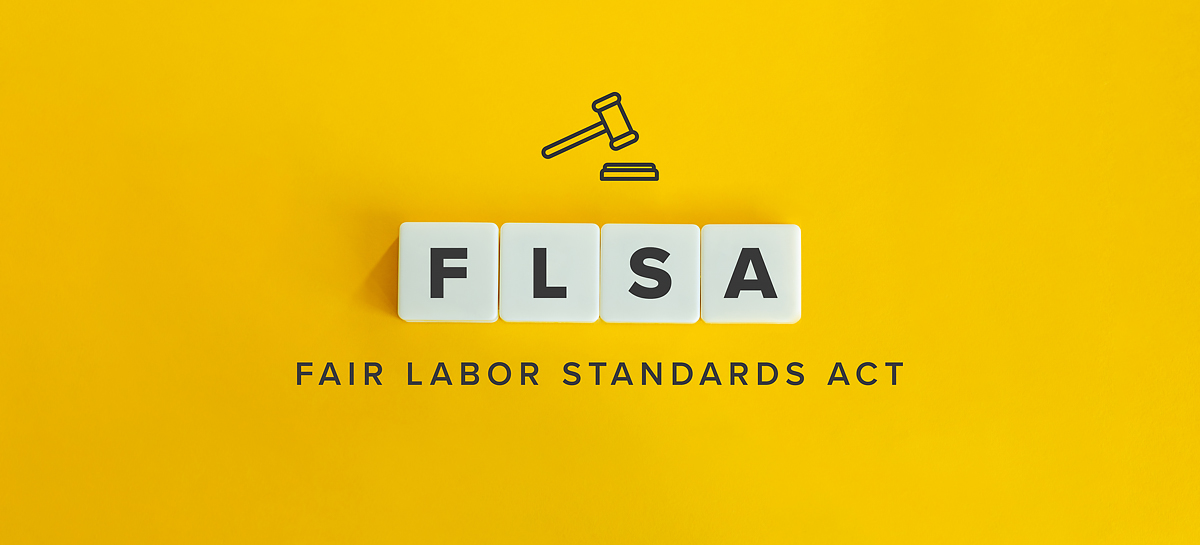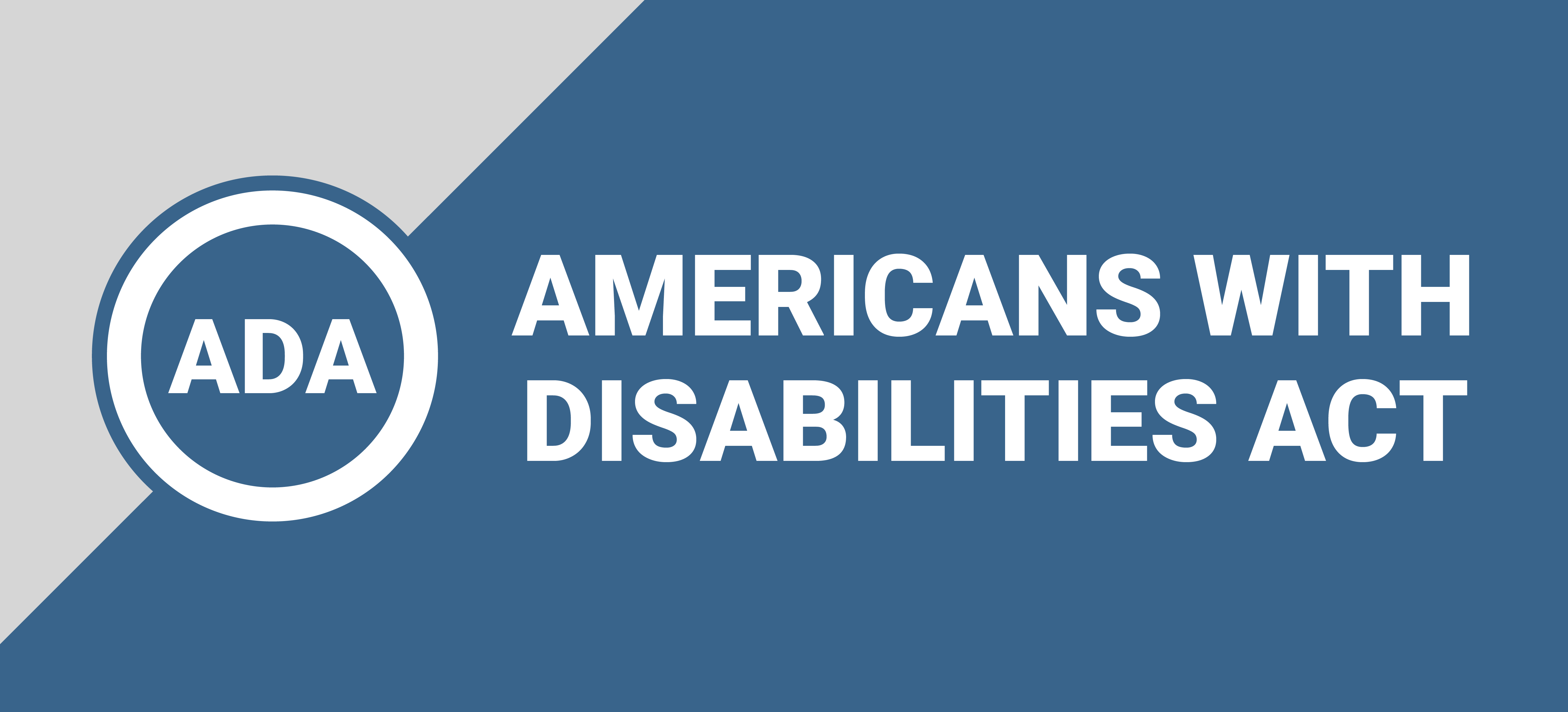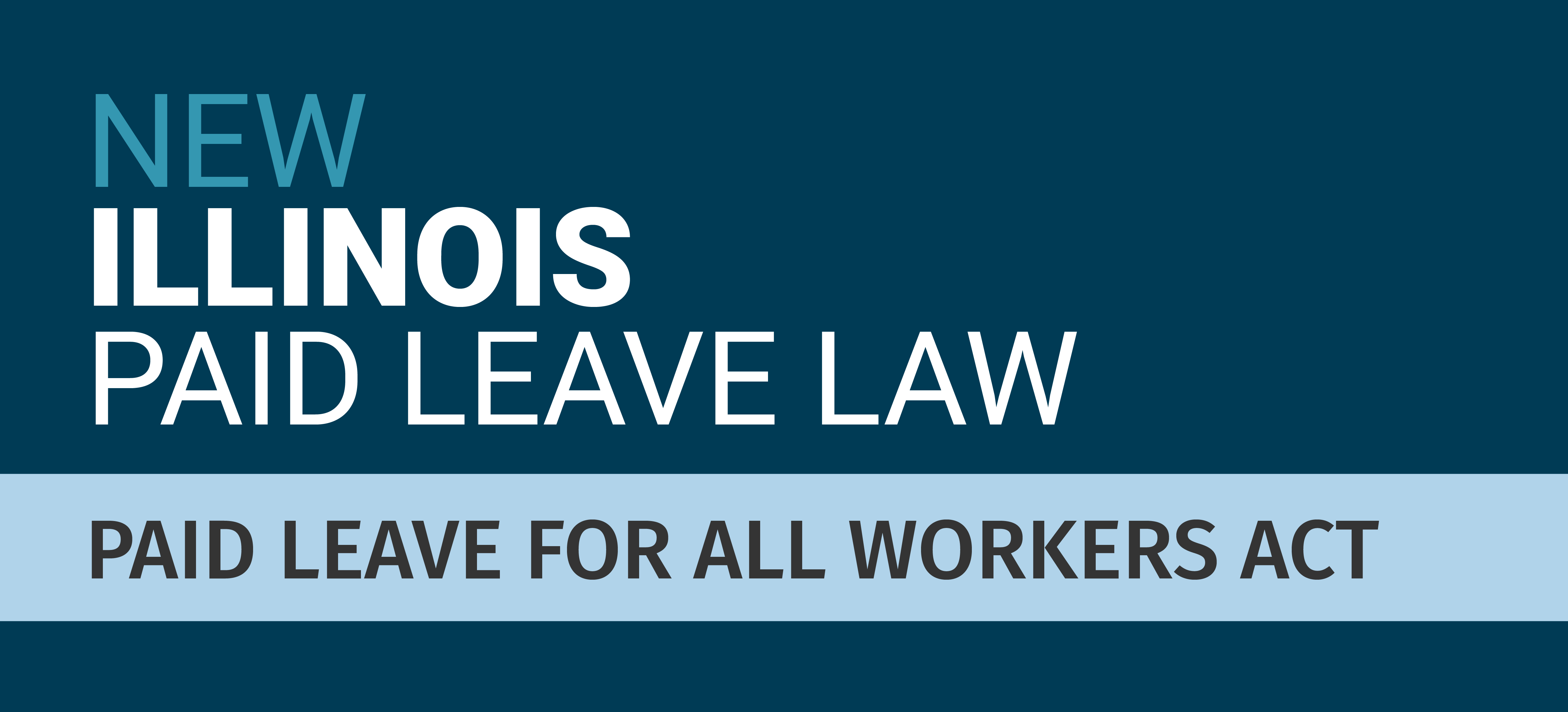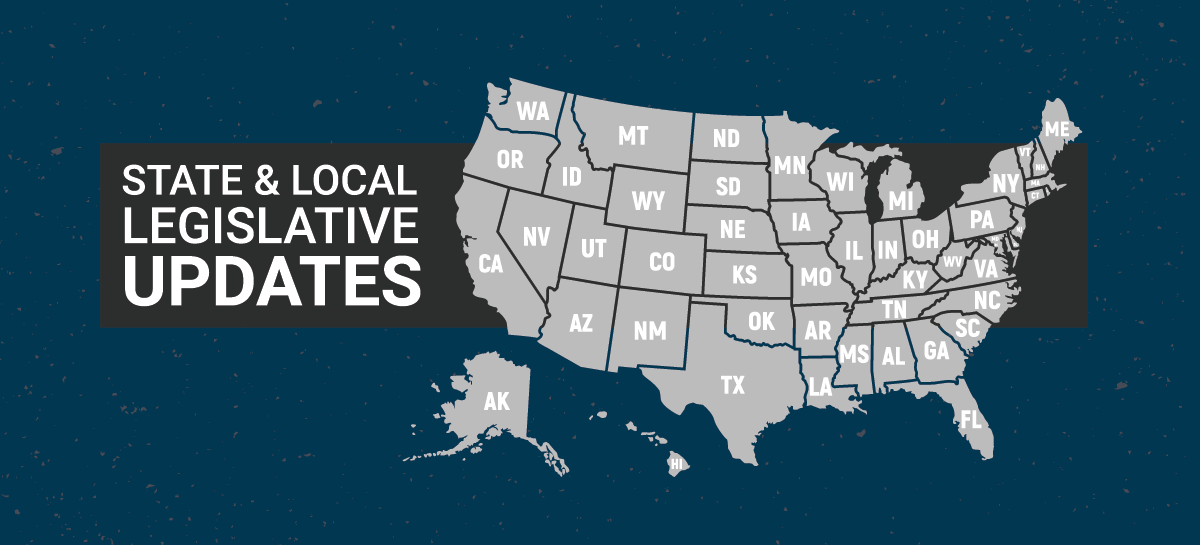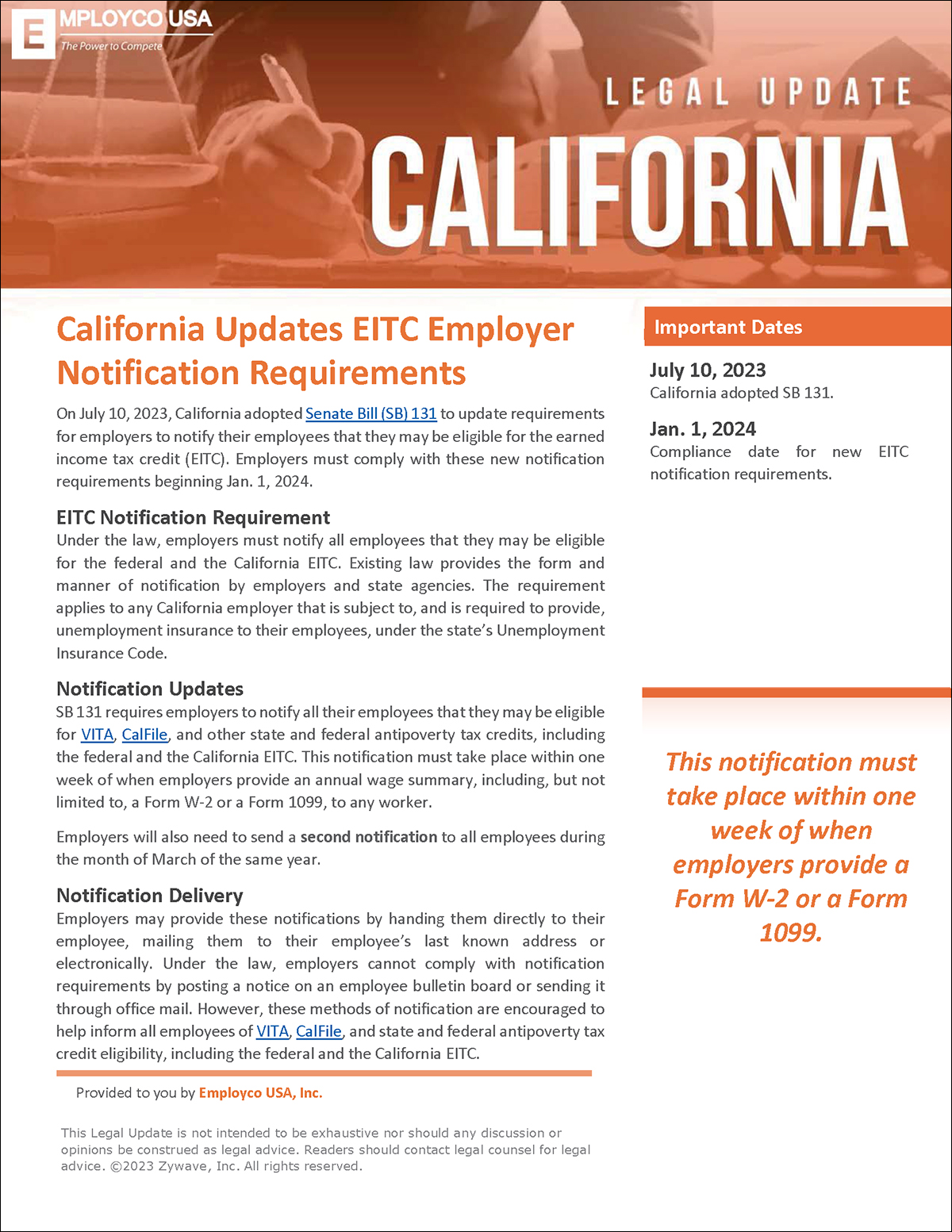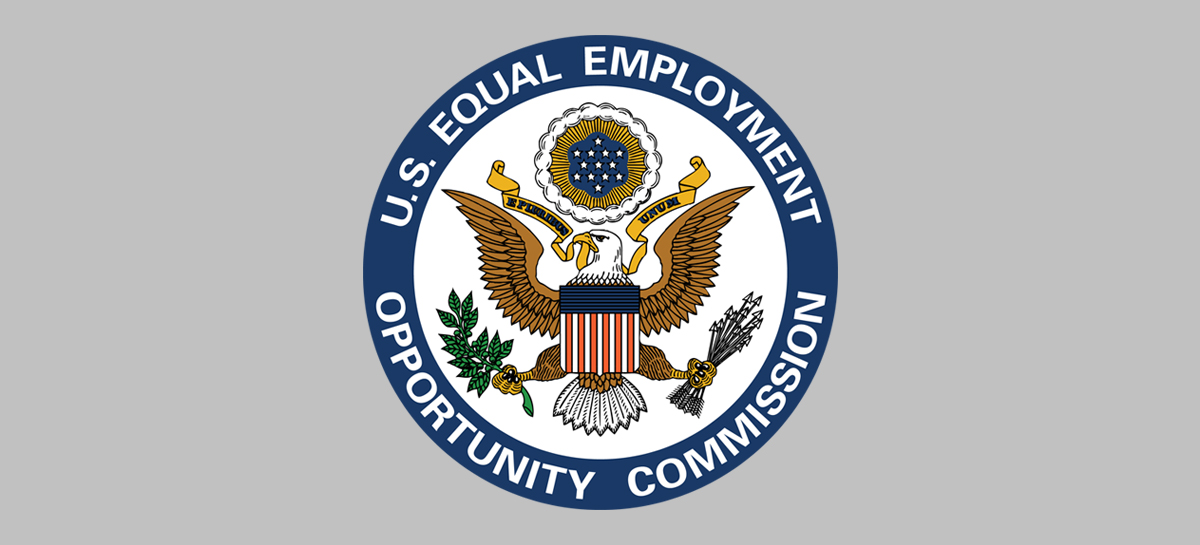
The EEO-1 Report is a federally mandated survey that collects workforce data categorized by race, ethnicity, sex, and job category. Under Title VII of the Civil Rights Act (Title VII), employers with 100 or more employees and certain federal contractors must report this data to the Equal Employment Opportunity Commission (EEOC) by March 31 every year.
However, the collection of this data from 2022 has been delayed. The EEOC expects to open the portal for employers to begin entering 2022 information on Oct. 31, 2023. The deadline for employers to complete their submissions of 2022 information is Dec. 5, 2023.
Continue reading